News

Sep 24, 2019
New AI app predicts climate change stress for farmers in Africa
A new artificial intelligence (AI) tool available for free in a smartphone app can predict near-term crop productivity for farmers in Africa and may help them protect their staple crops — such as maize, cassava and beans — in the face of climate warming, according to Penn State researchers.
Full Article
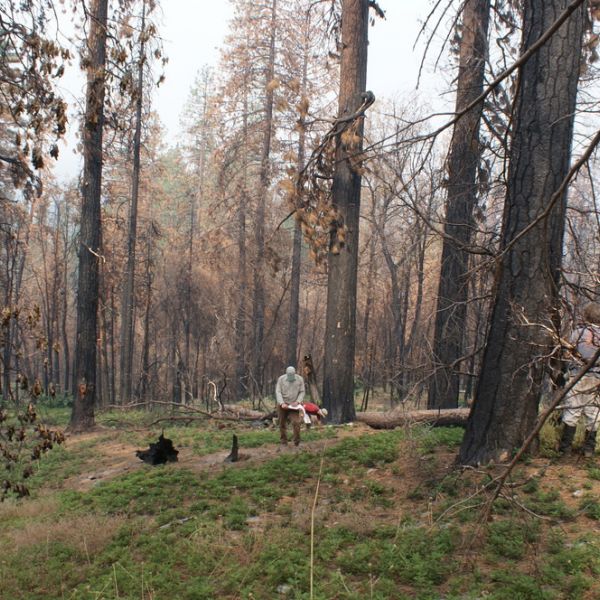
Aug 15, 2019
Forest carbon still plentiful post-wildfire after century of fire exclusion
Forests in Yosemite National Park hold more carbon today than they did 120 years ago despite burning in a severe wildfire in 2013, according to a Penn State-led team of researchers.
Full Article

Jul 25, 2019
Biology professor, department head recognized for study of amphibians, reptiles
Professor of Biology Tracy Langkilde has been named Distinguished Herpetologist for her contributions to the field by the Herpetologists' League, an international organization of people devoted to studying the biology of amphibians and reptiles.
Full Article
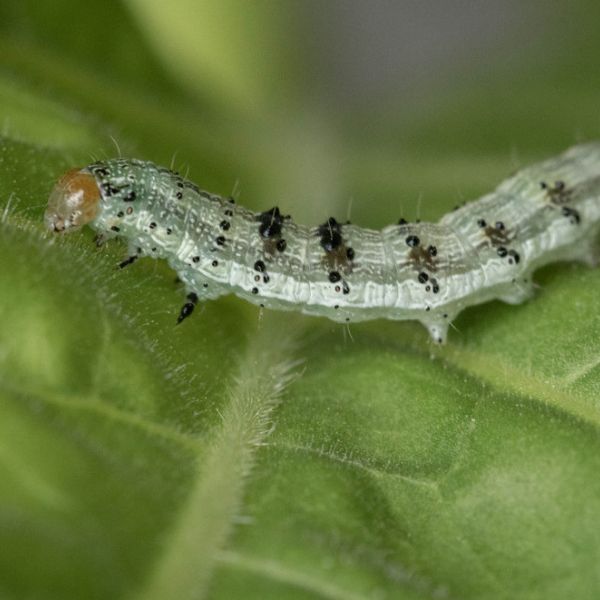
Jul 24, 2019
Plants defend against insects by inducing 'leaky gut syndrome'
Plants may induce "leaky gut syndrome" — permeability of the gut lining — in insects as part of a multipronged strategy for protecting themselves from being eaten, according to researchers at Penn State.
Full Article
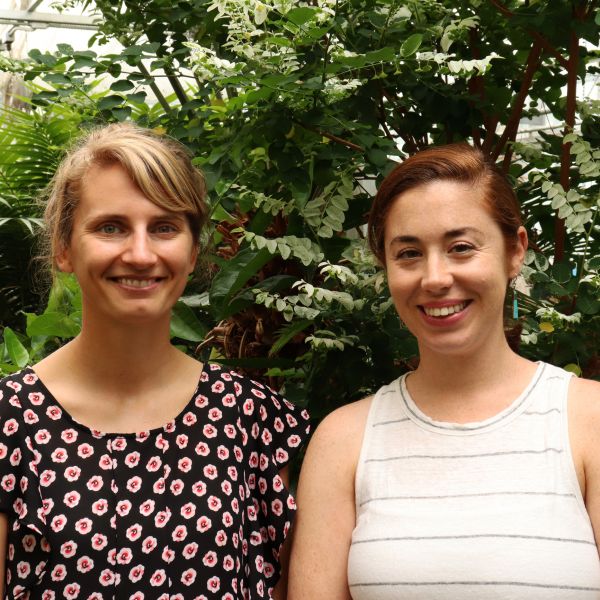
Jul 16, 2019
Microbiome Center graduate students awarded NIFA fellowships
Sarah Isbell and Mara Cloutier, both Penn State graduate students and Microbiome Center researchers, will be supported in their studies by fellowships paid for by the United States Department of Agriculture.
Full Article
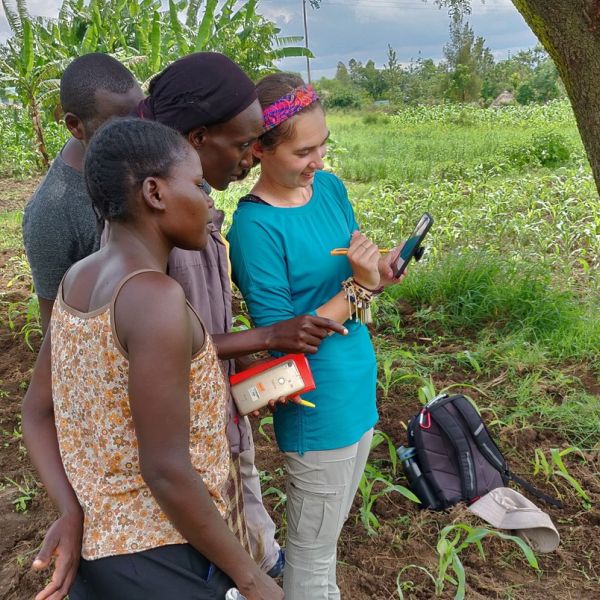
Jul 09, 2019
PlantVillage gives undergraduate a chance to help feed the world via technology
Coming from the small town of Limeport, near Allentown, a young Annalyse Kehs may not have thought much about international agriculture or feeding the world. But thanks to a project called PlantVillage, the Penn State rising senior not only is helping to address world hunger but is relishing the opportunity to travel to destinations such as Kenya and Rome to interact with farmers, researchers and policymakers.
Full Article
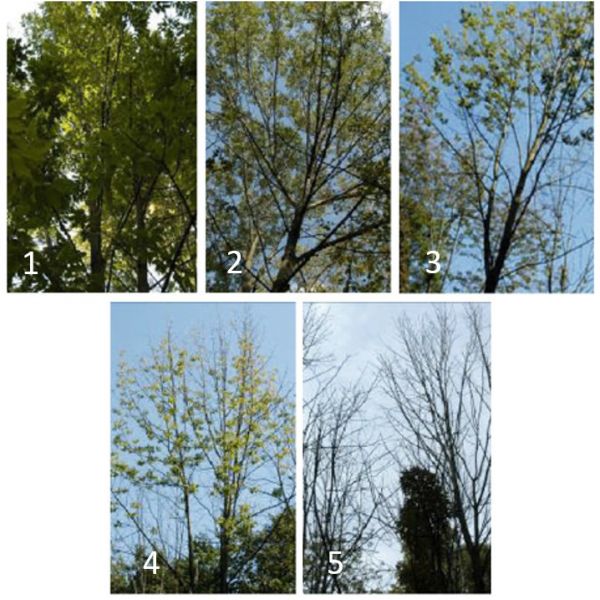
Jul 08, 2019
Some green ash trees show some resistance to emerald ash borers
Genes in green ash trees that may confer some resistance to attacks by the emerald ash borer express themselves only once the tree detects the invasive beetle's feeding, according to Penn State researchers.
Full Article
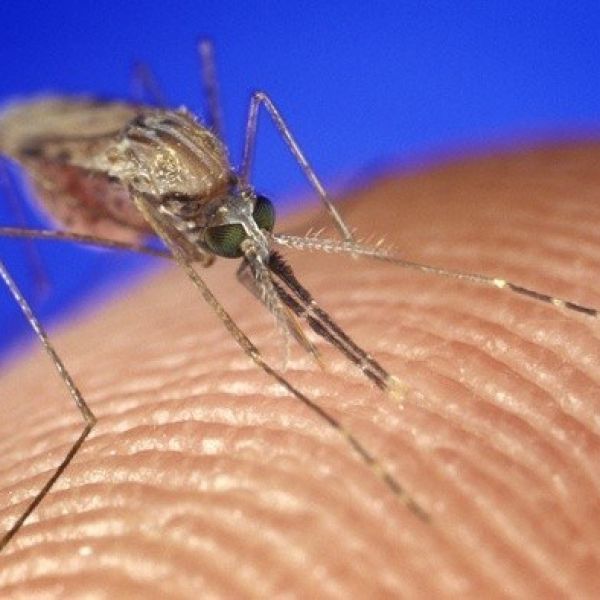
Jun 27, 2019
Climate warming could increase malaria risk in cooler regions
Malaria parasites develop faster in mosquitoes at lower temperatures than previously thought, according to researchers at Penn State and the University of Exeter. The findings suggest that even slight climate warming could increase malaria risk to hundreds of thousands, if not millions, of people — including travelers — in areas that are currently too cold for malaria parasites to complete their development.
Full Article
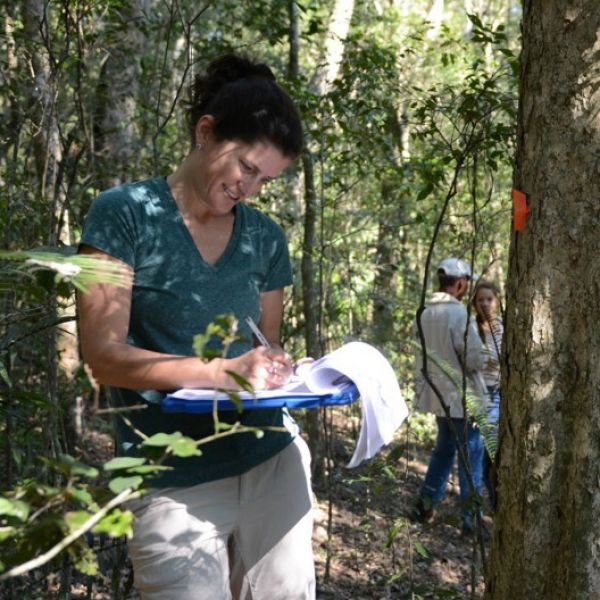
Jun 20, 2019
South African forests show pathways to a sustainable future
Native forests make up one percent of the landscape in South Africa but could play a key role in reducing atmospheric carbon and identifying sustainable development practices that can be used globally to counter climate change, according to a Penn State researcher.
Full Article
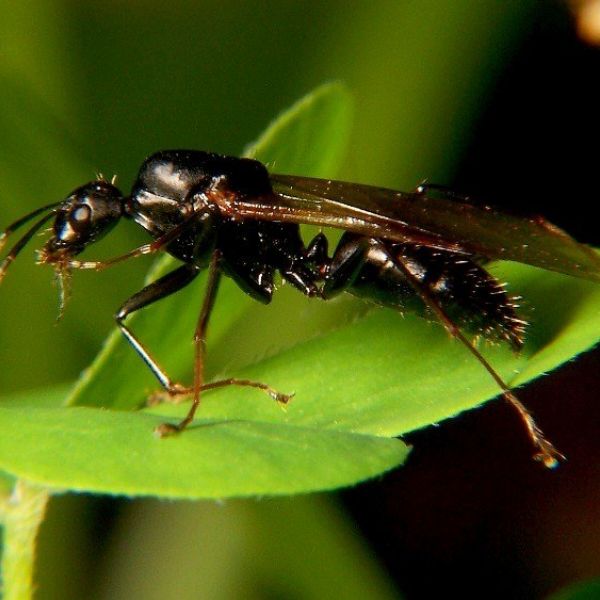
Jun 13, 2019
Ants maintain essential interactions despite environmental flux
Ants adjust their social interactions to accommodate changes in population density, according to researchers at Penn State and Georgetown University. The findings suggest that ant colonies are capable of maintaining their sophisticated social organization despite potentially drastic changes in their environments.
Full Article